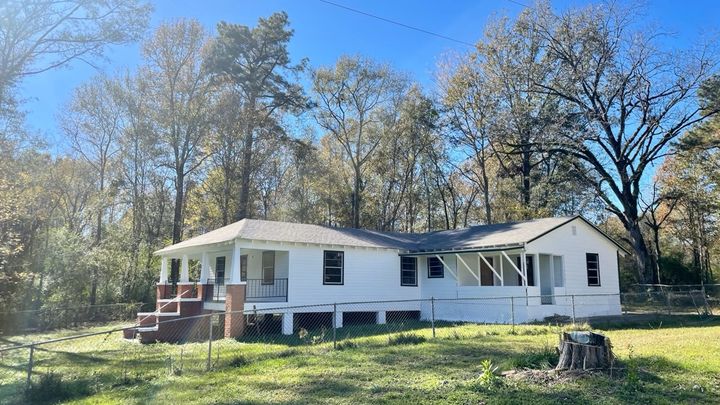
Help Save the Houses of Handy Heights
Donation protected

What is Handy Heights?
Six months before the emancipation proclamation was signed, my great-great-grandmother, Florence Geneva, was born. She was the daughter of a Copiah County, Mississippi judge, Ephraim Peyton Jr., and an enslaved woman named Isabella. Florence's grandfather, Mississippi Supreme Court Justice, Ephraim Peyton Sr., was her mother's enslaver.

Upon emancipation, the Peytons freed Isabella but decided to raise Florence in their home, acknowledging her as an offspring. At the age of nineteen, Florence became engaged to a man named Emanuel Handy Jr. Florence and Emanuel desired to have a cotton farm, so she asked her father if he would assist them with the purchase of some land. He agreed and purchased 40 acres of land for them. Florence and Emanuel had eleven children and over time, they grew their cotton farm to 116 acres commonly known as Handy Heights.
Why is Handy Heights important?
Following slavery, over 14 million acres of Black farmland has been lost due to violence, the informal passing of land, unethical laws surrounding heirs' properties, financial hardships caused by income inequalities and discrimination from the United States Department of Agriculture. The fact that my family has held on to this land for more than 100 years is incredible. Handy Heights gave Florence and Emanuel the abilty to send all eleven of their children to either college or trade school, and I am fourth generation college-educated because of this land.
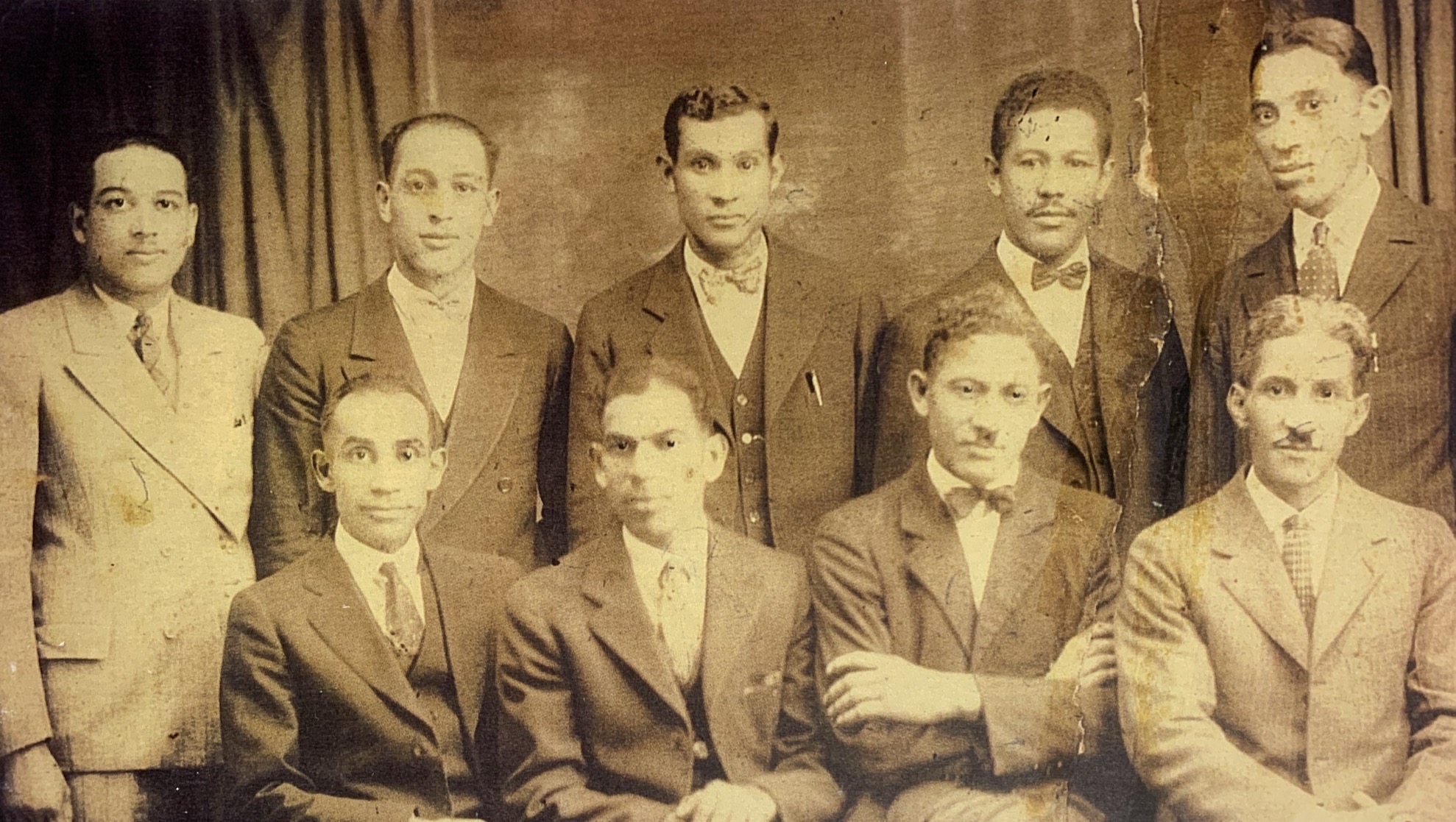
The legacy my family built from Handy Heights is monumental. My great-grandfather, Rev. W.T. Handy, was a member of the Tuskegee quartet and sang at Booker T. Washington’s funeral.

My grandmother, Dr. Geneva Handy Southall, was the first woman to get a Ph.D. in piano performance and later became chair of the Afro-American Studies department at the University of Minnesota. Her sister, D. Antoinette Handy, was the music director for the National Endowment of the Arts and wrote numerous books on Black women in music. Both classically trained musicians, Antoinette and Geneva toured Europe in the 1950s, something they couldn't do as Black women in the U.S.

Not only that, Handy Heights has traditionally been a place of sovereignty, healing, and resources for those in the community. For example, Emanuel Handy Jr. purchased the land across the street, establishing The Social Relief Cemetery, a cemetery for people in the community who could not afford to get buried. This cemetery still serves that purpose today.

At a time when hospitals were segregated, my Grand Aunt T.J., who lived on the land, was a midwife, helping give birth to nearly every Black person who is over the age of 50 currently living in Hazlehurst, MS. The Handys always grew food on the land, providing nourishment for those in the community, and my great-grandfather was a minister, making it his life mission to uplift and heal all who visited his church.
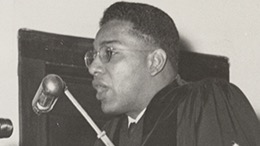
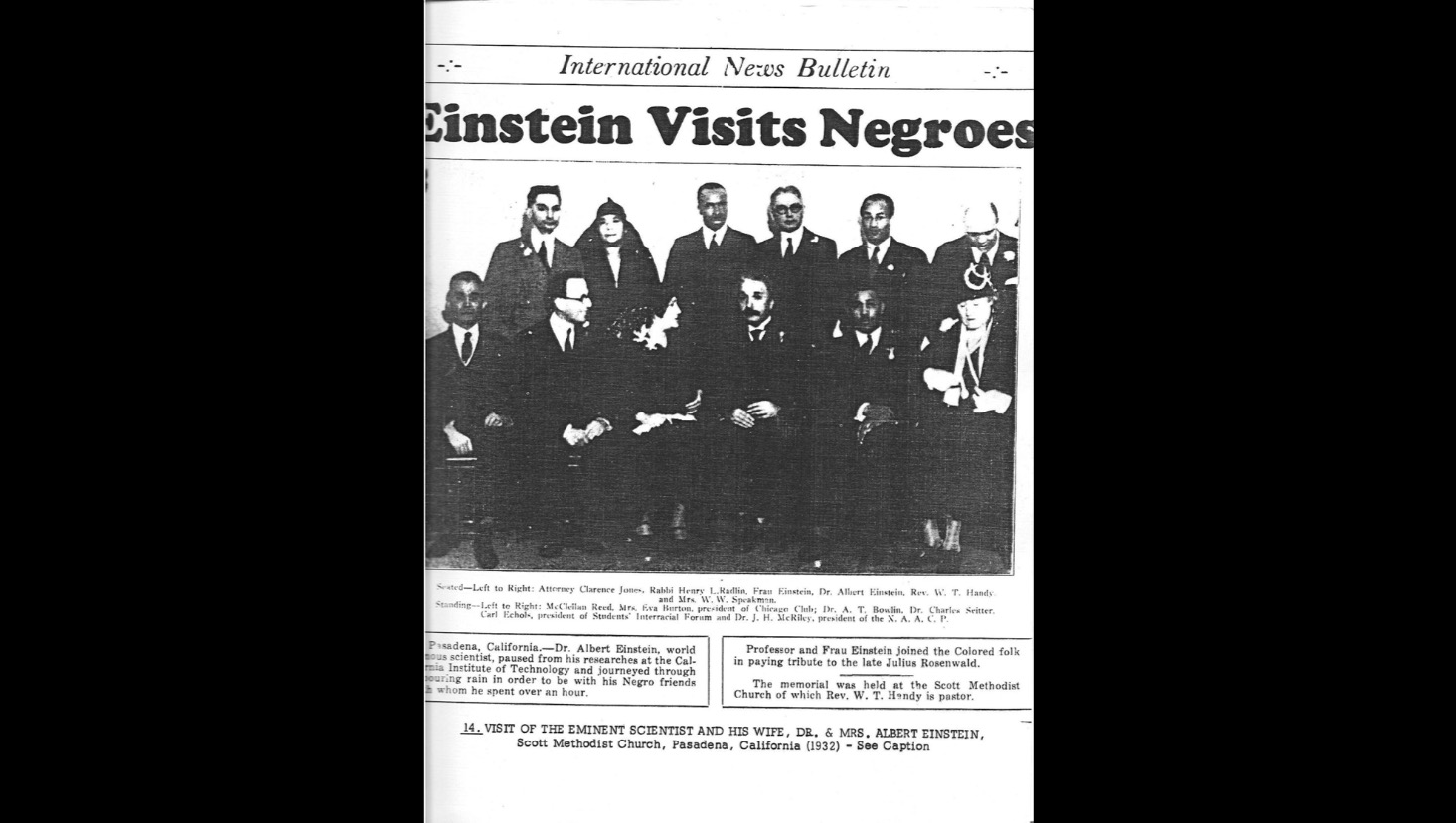
Handy Heights is an important piece of American and Mississippi history that must be preserved and restored.
Handy Heights is a case for reparations.
Why we need help...
We, as a family, would like to return Handy Heights to its former glory and continue to use the land as a space for healing, safety, and resources for Black, Indigenous, and people of color in the community and beyond. We have a small pecan orchard and hope to begin farming our pecans. We also would like to create an archival space on the land to protect and preserve our legacy.

Unfortunately, time has not been easy on the land and structures. The two generations before me distanced themselves from the land, and for the past 15 years it’s been neglected and vacant. The houses are deteriorating more and more each day.

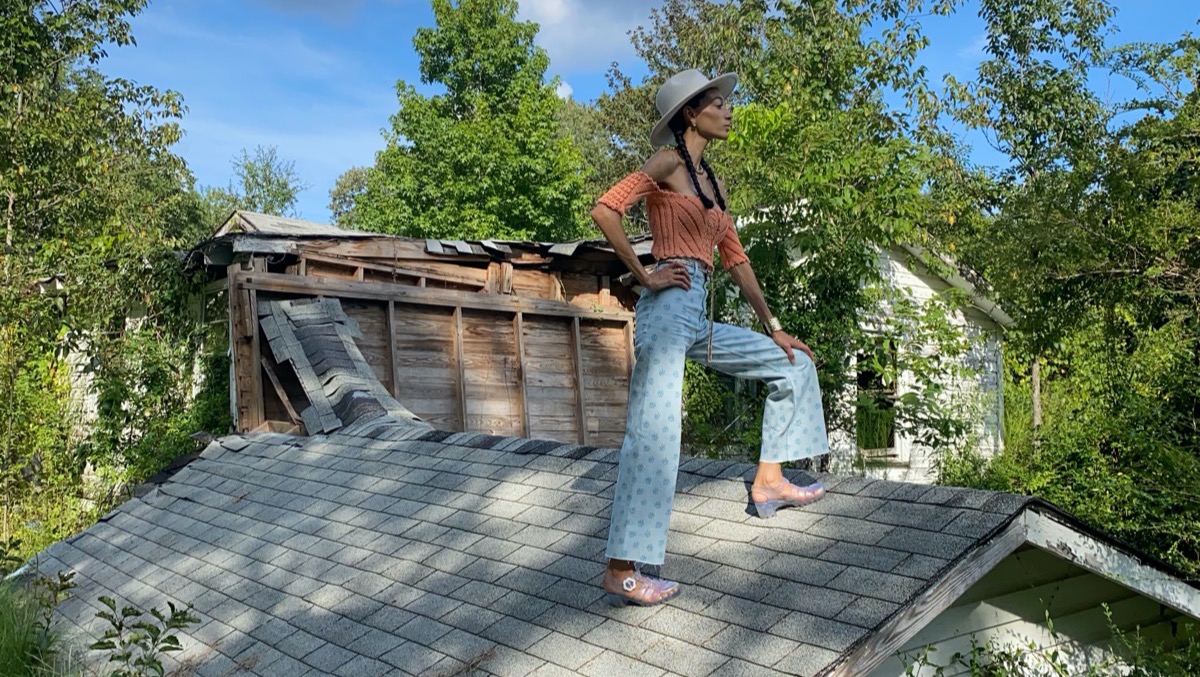
The homes of Handy Heights are historic. Our ancestors designed and built them from the ground up. They are a beacon of Black architecture, craftsmanship, and design.
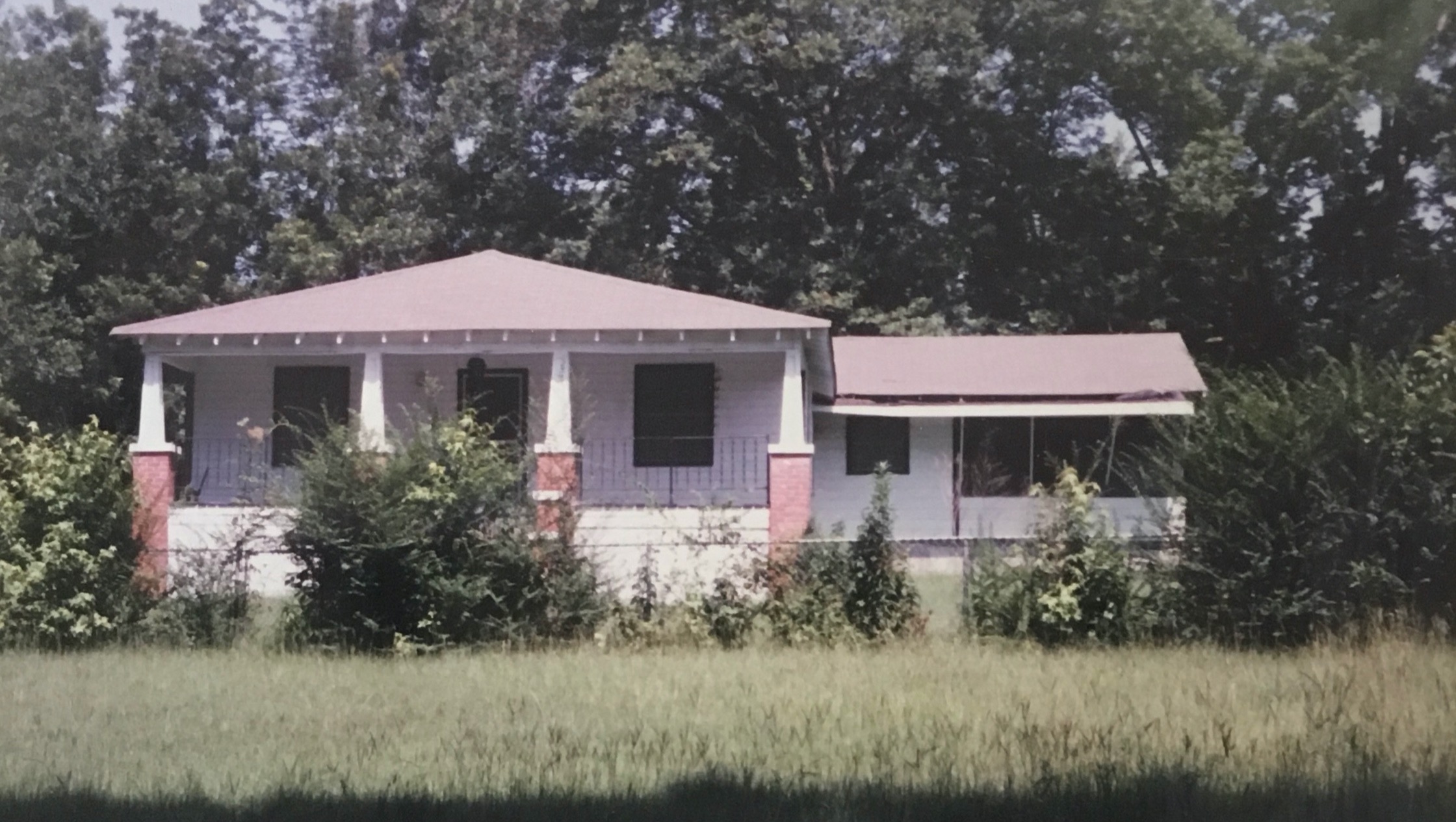

For the past year, with the help of my cousin George, I have been on a mission to clean up the land and restore my great-grandparents' home, Handy home 1. (To see the work we've done so far, check out @TheCreoleo on TikTok and @Creoleo & @HandyHeights on Instagram).



We have made tremendous progress and are finally on our way to having a livable home. My plan is to live in my great-grandparents' house, care for the land, and begin creating infrastructure for our ultimate vision. We have a five-year plan to restore all four houses fully, but if we do not act soon, Handy homes 2, 3, and 4 will reach the point of no return. We are asking for funds to begin saving (aka "mothballing") Handy homes 2, 3, and 4 so they don’t incur any more damages from the elements and fall to the ground. We cannot lose these houses!
Please help us preserve this vital piece of Black American history so we can share this land and story with the world, honoring the legacy our ancestors built.

“Go back and get it!”
Organizer
Patrice E. Jones
Organizer
Hazlehurst, MS